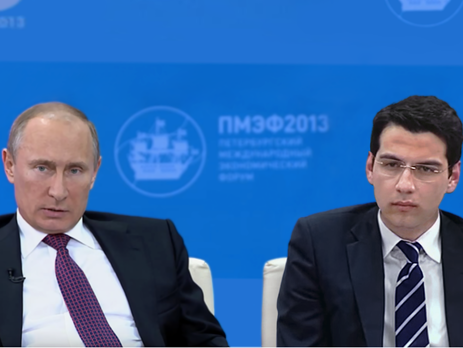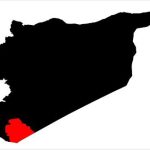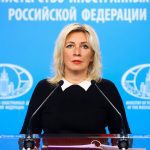After swirling rumors about his resignation, internationally unrecognized Abkhazia’s Foreign Minister, Inal Ardzinba, initiated a series of town hall meetings throughout the region. As reported by OC Media, while intended to commemorate the 15th anniversary of Russia’s acknowledgment of Abkhazia’s independence, the discussions prominently revolved around a contentious real estate bill and the evolving rapport between Georgia and Russia.
Termed the ‘law on apartments,’ this proposal, introduced in late 2022, has polarized public opinion. Opponents, notably activists and opposition figures, argue that it might enable non-Abkhazians to acquire property and gain residency. Over the years, Moscow has expressed interest in allowing Russians to settle and buy property in Abkhazia. This idea, however, has been primarily resisted in Abkhazia due to concerns about compromising its sovereignty.
Government representatives, including Ardzinba, argue in favor of the bill, highlighting its potential economic windfall for Abkhazia. Yet Ardzinba’s recent speeches have added a geopolitical dimension, emphasizing potential threats if the region remains rigid in its stance.
Central to Ardzinba’s discourse is the strengthening relationship between Georgia and Russia. He pointed to increased connectivity, reinstated visa-free travel, and underscored Russia’s expanding economic footprint in Georgia.
A stark economic contrast emerged when Ardzinba drew attention to the $2.5 billion trade volume between Georgia and Russia in 2022, overshadowing Abkhazia’s modest $3.5 million trade with Russia. “With Russia emerging as Georgia’s primary trading ally,” Ardzinba reflected, “where does that leave future trade dynamics?”
Ardzinba also connected these economic shifts to the ongoing Geneva International Discussions, a series of multinational dialogues established after the 2008 August War. He cautioned that any deviation in Russia’s approach within these talks could have adverse implications for Abkhazia.
Discussing Georgia’s potential strategies towards Abkhazia, Ardzinba outlined two paths: fostering ties without official recognition or resorting to military aggression. He suggested that Georgia could leverage initiatives such as free healthcare and international NGO partnerships for soft diplomacy. On the military front, he raised alarms about Georgia’s purported readiness for an armed intervention, alluding to alleged plans involving attack drones.
Amid these geopolitical shifts, Ardzinba emphasized Abkhazia’s longstanding relationship with Russia, noting how pivotal Moscow has been in bolstering Abkhazia’s global ties. He also discussed an anticipated dual citizenship agreement with Russia, awaiting President Putin’s approval.
Despite his proactive engagement, Ardzinba remains enshrouded in controversy. While he sidestepped allegations related to forging documents for a former Presidential Administration employee, he clarified that the rumors of his resignation stemmed from a misinterpreted conversation about his potential relocation.
Source: Gerçek News



